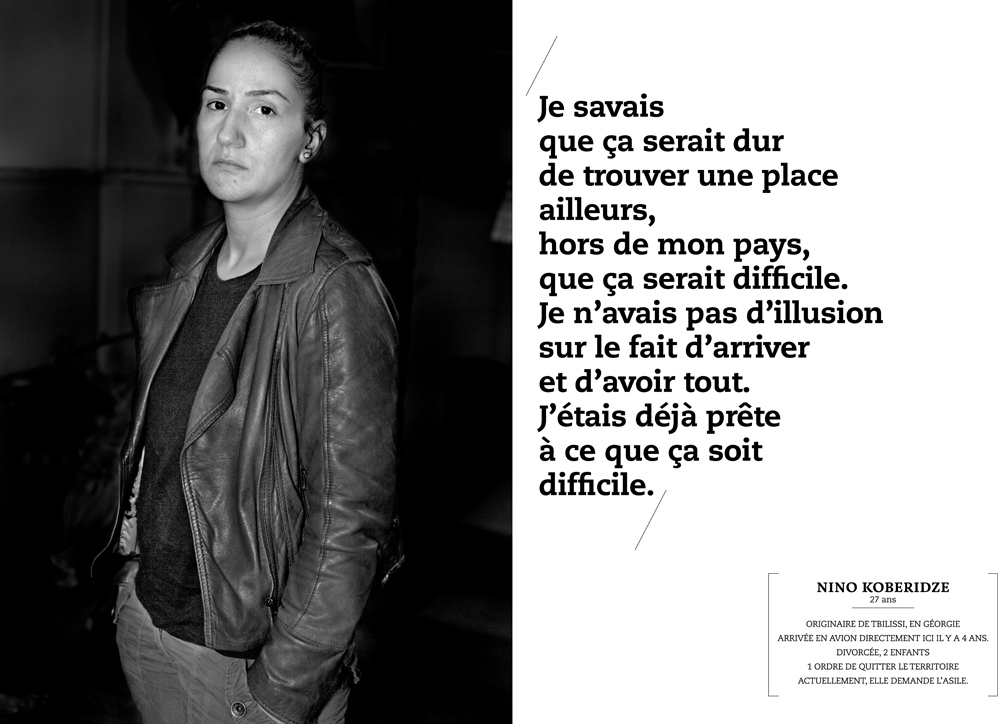In the middle of the controversy about what to do with the refugees fleeing the war, our cultural institutions have the duty to educate and warn the population. They have to work on two axes: they need to help people understand their part as human beings in the society and to think about past mistakes to avoid doing some today. Many of us want to resist peremptory judgements that are exacerbated by the media and communication technology. We do not have the time to think clearly anymore and these media spread every declaration, even the abhorrent ones, without any ethics or deontology.
The past have pushed millions of human beings to run away from death: they have left behind their stories and our artwork has enriched these memories which make part of our heritage even after being forgotten or destroyed. Today, we face the same phenomena which have driven all these refugees towards an unknown direction without any guarantee except immediate survival.
The 20th century experienced the most massive human migration in history, even more massive than the one we experience today. But at the time, we fought the causes as now we suffer the consequences without tackling the causes of this migration. Refugees reflect our blindness and that is why we are afraid of them. But they are not the ones we should be afraid of. We should rather fear the intolerance and selfishness that we are going to regret if we don’t keep looking at the reality with an open human eye.
Our current Europe was built on this history and we cannot forget it today. A collective answer has never replaced an individual conscience. Let us keep listening to others and let us reach out “together” to those who resemble us and whose spot we could end up in tomorrow. This is our simple role and duty as humans.
The chamber appealed to the Belgian photographer Gaël Turine who has worked on documentary pieces. The portrait has become a photographic genre he explores and presents on a regular basis as a way to tackle an issue.
Meer informatie over dit project
Cécile Lecuyer & Edith Bertholet
La Halte, 4 rue de la Casquette B – 4000 Liège
lequipe@lahalte.be | edithbertholet@gmail.com


